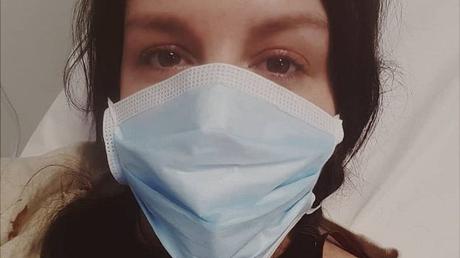
When a Person Can Stop Isolating After Coronavirus Recovery?
People around the world are fearful of the coronavirus, especially as they notice the rising number of confirmed cases throughout the world. Much has come about how there are close to a million confirmed cases around the world. But that number is a cumulative total. Close to 200,000 people from around the world have recovered from the coronavirus.
But as people begin to recover from COVID-19, there also exists a concern over how well people can get back into society and stop isolating. Details on when people can stop isolating have been tough to figure out, especially as there exists a worry about whether people who have recovered could transmit the disease to those who have not have it before.
CDC Statement
The Centers for Disease Control and Prevention says that a person can stop self-isolating when that someone has not had a fever for the last 72 hours, and it has been at least seven days since that person felt sick. The total value suggests that a person should be safe to go and interact with others without harming them. The goal here is to ensure that a person isn't going to threaten anyone who might otherwise become ill for any purpose.
Prospective Studies
Prospective reports suggest that it is possible for people to no longer have traces of the virus if they wait long enough after recovering. A report posted to medrxiv.org from Germany says that people who had COVID-19 but were not hospitalized have lower levels of the virus in their respiratory tracts after a few days. The people also have little to no traces after ten days. But this study has yet to be peer-reviewed, so that report should be questioned for the time being. The study does give a promising look at how the virus can die off.
Another Study
A report in the Lancet journal reviewed hospitalized patients in China. The report says that the COVID-19 virus was visible for up to twenty days after the first symptoms were present. But as the symptoms drop off, the virus also does so. The point suggests that the virus will not be too strong in people if they recover well enough.
How Much Can Impact Someone?
The most substantial worry about the virus is that it is unclear as to how much of the virus it would take for someone to be infected. It could be a minimal amount, although it is uncertain over what could happen. Further studies may be necessary, but the preliminary reports on how the virus dissipates when symptoms disappear are promising.
For now, people are encouraged to follow CDC guidelines if they have been recovering from the virus. The key is to watch for one's symptoms and to ensure that one is not experiencing a fever. Such reviews are necessary for ensuring that people will not be at risk of transmitting the virus after they have recovered. But future research into the virus may assist people in understanding more about the disease and where it might go.
